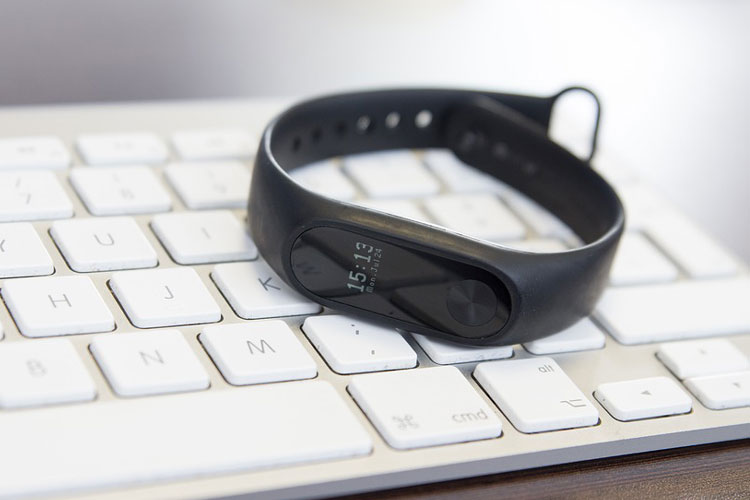Xiaomi dominates Apple in wearable devices segment, Q3 2018: IDC
Xiaomi has managed to ship 6.9 million wearables in comparison to 4.2 million by Apple and 3.5 million wearables shipped by Fitbit.

With the great success of the Mi Band 3 in India and other markets beyond China, Xiaomi has gone to grab the top position in the global wearable segment of the third quarter with 21.5 per cent market share, as Apple came down to the second spot with 13.1 per cent share, the International Data Corporation (IDC) said on Tuesday.
According to IDC's "Worldwide Quarterly Wearable Device Tracker", the global shipment of the wearable devices touched 32 million units in the third quarter of 2018, making it 21.7 per cent up from the previous year.
Though typically China accounts for well over 80 per cent of Xiaomi's shipment volume, that share fell to 61 per cent as the company managed to grow its presence in other markets such as India, Europe, Middle East and Africa.
Xiaomi has managed to ship 6.9 million wearables in comparison to 4.2 million by Apple and 3.5 million wearables shipped by Fitbit.
Many of the new basic wearables include features like notifications or simple app integrations that bleed into smartwatch territory.
"This has helped satiate consumer demand for more capable devices while also maintaining average selling prices in a market that faces plenty of downward pressure from low-cost vendors and declining smartwatch pricing," said Jitesh Ubrani, Senior Research Analyst for IDC Mobile Device Trackers.
"As more features get added and as the price differential between basic trackers and smartwatches narrows, brands could potentially move consumers upstream to smartwatches," he added.
IDC said that products like Fitbit, Garmin and Huawei helped the basic wearables category push to growth during the quarter.
Another driving factor was the growing demand in markets like Asia-Pacific (excluding Japan), which accounted for more than half of all shipments and grew 21.4 per cent over the previous year.
"The smartwatch market also evolved during the quarter as the two largest smartwatch brands, Apple and Fitbit, continued to delve deeper into the healthcare market," said Ubrani.
Apple managed to launch its Series 4 Watch, its first watch approved for medical use, towards the end of the quarter.
The new design and sizes along with the latest version of Watch OS were welcome changes through the latest series only accounted for less than 20 per cent of all Apple Watch shipments, said IDC.
With the newest 'TalkBand B5' series of wristbands, Huawei managed to finish just ahead of Samsung to maintain the number four position worldwide.
Samsung closed some of the gap with Huawei and stretched its lead past other contenders, capturing the fifth position for the quarter.
The company launched its next-generation smartwatch, the Galaxy Watch, marking the first time that a wearable device moved away from its traditional "Gear" moniker to the "Galaxy" sub-brand, said IDC.
(With IANS inputs)